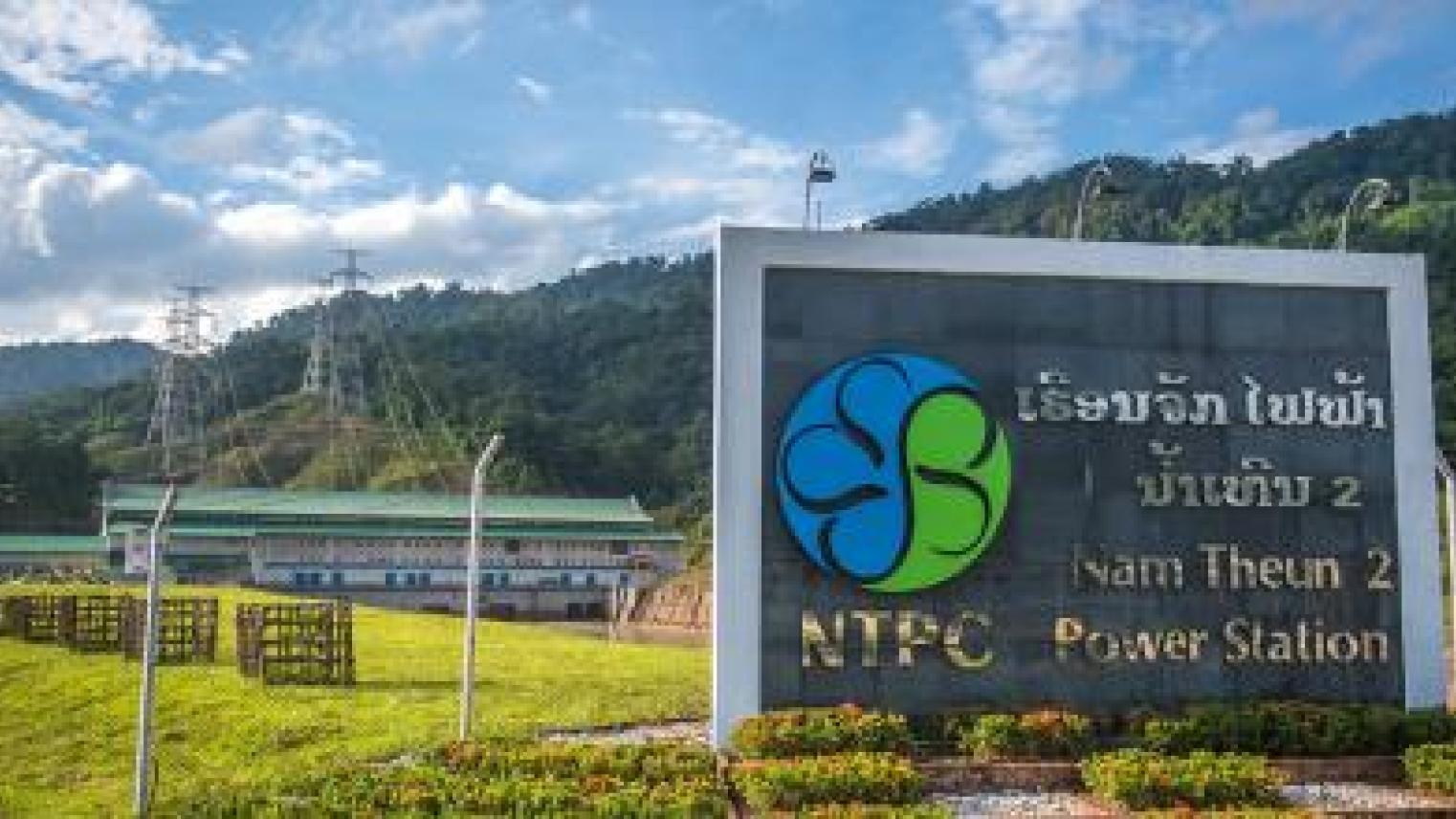As a region, Southeast Asia is on track to become the fourth largest economy in the world, and a major source of global greenhouse gas emissions. Addressing the goals of the Paris Agreement will require a rapid decarbonisation of this region’s energy sector and a fundamental transformation in electricity grids across the region. There is renewed interest in the role regional electricity trading could play in creating the flexibility needed to manage massive new wind and solar capacity. But the region’s electricity trading policy and governance architecture is fragmented and has struggled to make steps towards a long-standing vision for a regional power grid, with “political will” identified as a major barrier.
This research draws from global governance, international political economy and socio-technical transitions literatures to explore how regional electricity trading is being governed in Southeast Asia and what this means for the role of electricity trading in Southeast Asia’s energy transition. Using policy documents and expert interviews, it will develop a network analysis to map the beliefs and interests of actors involved in regional electricity trading and model the region’s governance arrangements. This project aims to make recommendations for how to strengthen governance architecture to support a just energy transition in Southeast Asia, and, more broadly, to contribute to understandings of how to implement global climate policy goals in countries outside the global North.
About the Speaker
Hannah Lord joined the RegNet as a PhD candidate in late 2021. Prior to starting her research, Hannah spent a decade with the Department of Foreign Affairs and Trade (DFAT) working on international climate change policy and as a diplomat in Laos. Drawing on these experiences, Hannah’s research focuses on the politics and governance of energy systems transition in Southeast Asia. She will apply a political economy lens to existing electricity trading systems, asking how these systems are changing to reduce emissions, who benefits from those changes, and what this means for energy governance in Southeast Asia. Hannah is recipient of the Sir Roland Wilson PhD Scholarship for DFAT.
COVID protocols
The ANU strongly encourages you to keep a mask with you at all times (for use when COVID-19 safe behaviours are not practicable) and to be respectful of colleagues, students and visitors who may wish to continue to wear one. Please continue to practice good hygiene. If you are unwell, please stay home. The ANU’s COVID Safety advice can be accessed here.
This seminar presentation will be in-person only.
Image credit: Image of Nam Theun 2 Hydroelectric Power Station and transmission lines by the Asian Development Bank from flickr (CC BY-NC 2.0). 95% of the power produced by the plant is exported to Thailand and the rest is consumed locally.
